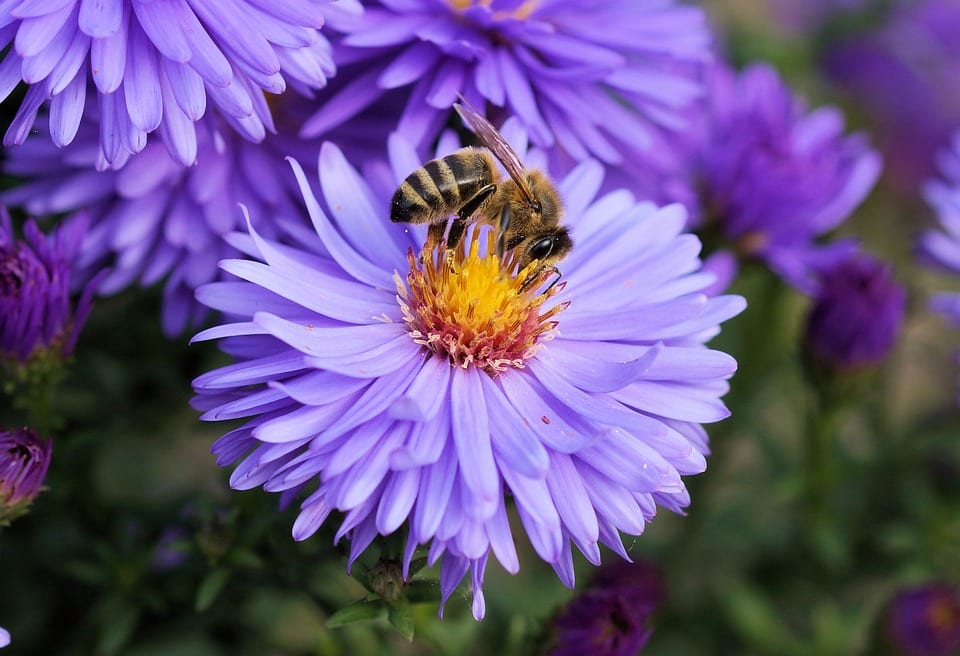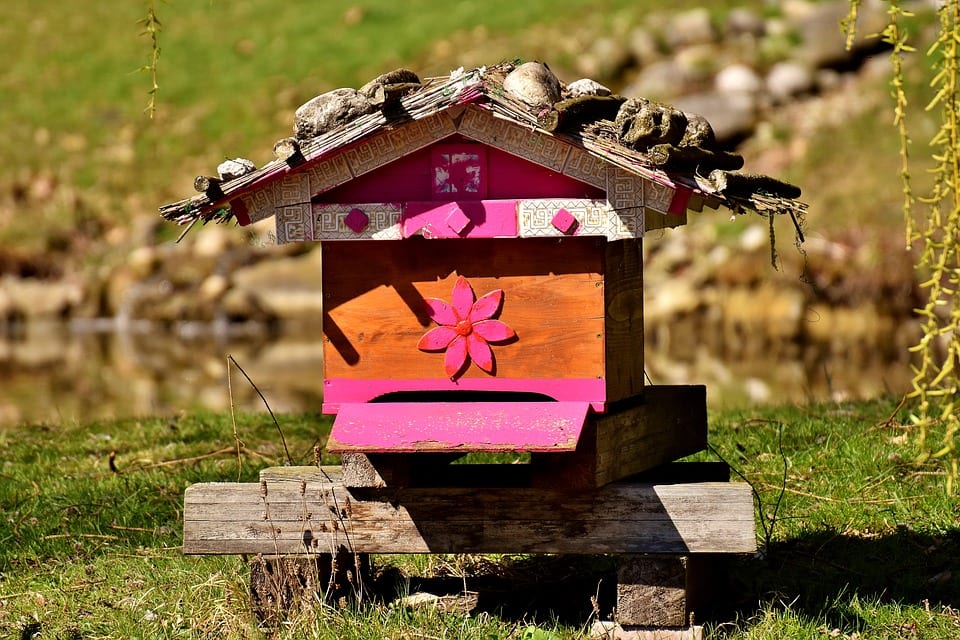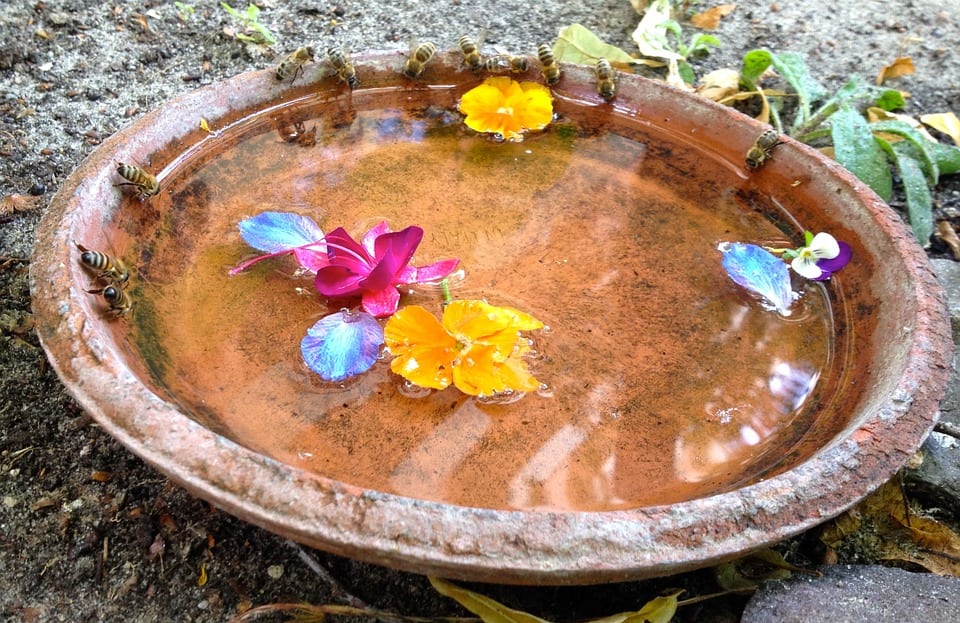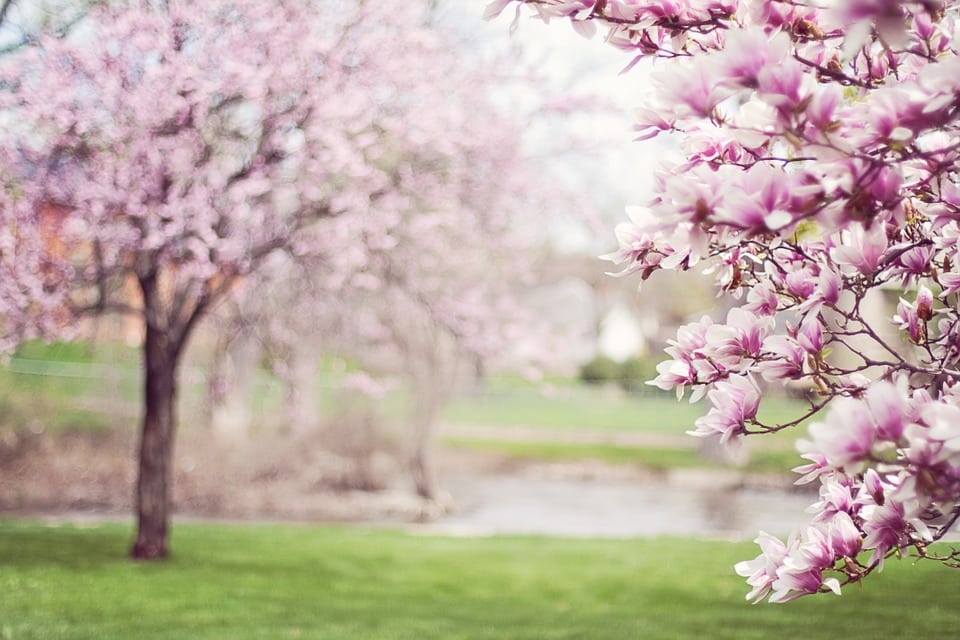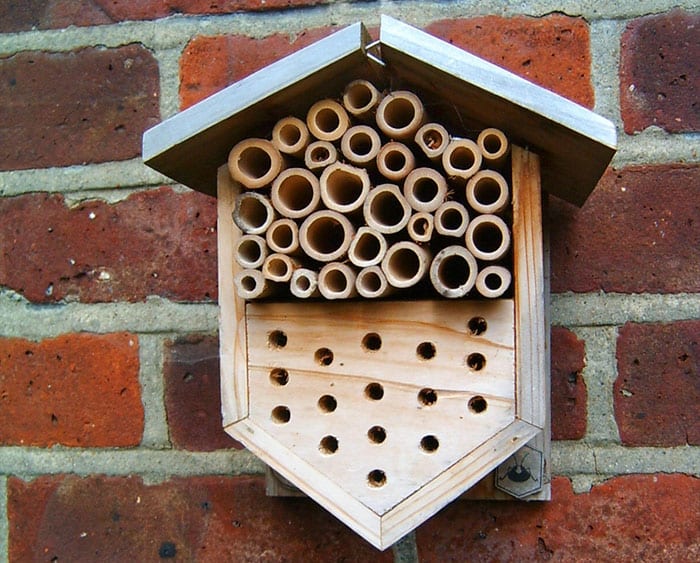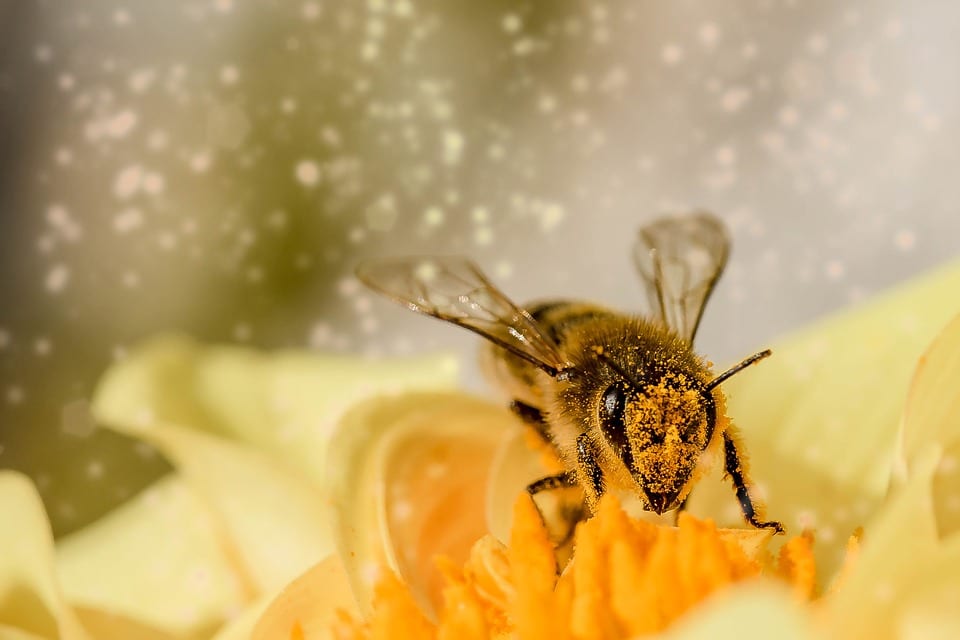These poor kitties really should’ve known better than to mess with bees.
You’ll see what I mean as you scroll through these photos.
A whole lot of swelling going on!
1. Not pleased

Photo Credit: Sad and Useless
2. Mom?

Photo Credit: Sad and Useless
3. Sad

Photo Credit: Sad and Useless
4. Bigfoot

Photo Credit: Sad and Useless
5. All swelled up

Photo Credit: Sad and Useless
6. Uh oh

Photo Credit: Sad and Useless
7. Gigantor

Photo Credit: Sad and Useless
8. Awwwww

Photo Credit: Sad and Useless
9. Oh no!

Photo Credit: Sad and Useless
10. Trying to be cool with it

Photo Credit: Sad and Useless
11. OMG

Photo Credit: Sad and Useless
12. Wait, what?

Photo Credit: Sad and Useless
13. Freaky Deaky

Photo Credit: Sad and Useless
14. I need help

Photo Credit: Sad and Useless
15. See that tear in her eye?

Photo Credit: Sad and Useless
Those pics are kind of sad, aren’t they?
The post 15 Photos of Cats That Shouldn’t Have Messed with Bees appeared first on UberFacts.



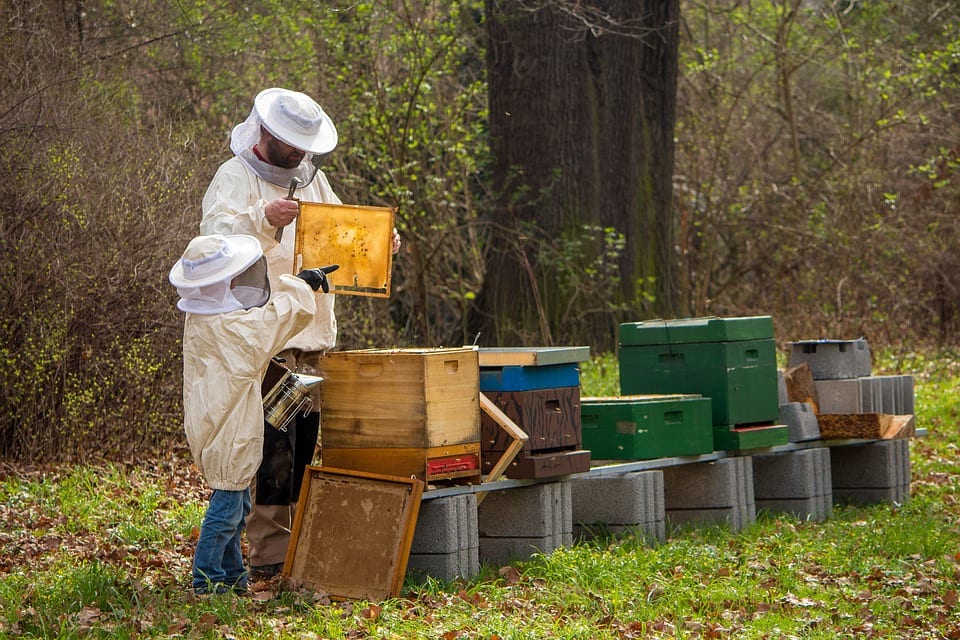
 Wenn man einmal nicht aufpasst… Was mach ich denn jetzt? Ratlos stand ich nun da mit meinem Wagen und dem kleinen Bienchen. Zurückbringen? Aber wohin? Wo ist die Kleine überhaupt hergekommen? Mit hoffnungsvollem Blick schaute das kleine Bienchen über den Wagenrand
Wenn man einmal nicht aufpasst… Was mach ich denn jetzt? Ratlos stand ich nun da mit meinem Wagen und dem kleinen Bienchen. Zurückbringen? Aber wohin? Wo ist die Kleine überhaupt hergekommen? Mit hoffnungsvollem Blick schaute das kleine Bienchen über den Wagenrand  Hierlassen oder gar am Straßenrand aussetzen? Oh nein! Das kleine Bienchen bricht in Tränen aus und flutet sogleich den Einkaufswagen
Hierlassen oder gar am Straßenrand aussetzen? Oh nein! Das kleine Bienchen bricht in Tränen aus und flutet sogleich den Einkaufswagen  Nein, das kann ich nicht über‘s Herz bringen. Mitnehmen? Was für eine Frage!?! Natürlich! Das kleine Bienchen hat doch überhaupt kein Zuhause mehr. Der Garten platzt zwar schon aus allen Nähten, aber für kleine fleißige Bienchen ist doch immer ein Plätzchen frei. Das war die beste Entscheidung! Seht euch die Kleine an…habt ihr schon mal so ein glückliches Bienchen gesehen?
Nein, das kann ich nicht über‘s Herz bringen. Mitnehmen? Was für eine Frage!?! Natürlich! Das kleine Bienchen hat doch überhaupt kein Zuhause mehr. Der Garten platzt zwar schon aus allen Nähten, aber für kleine fleißige Bienchen ist doch immer ein Plätzchen frei. Das war die beste Entscheidung! Seht euch die Kleine an…habt ihr schon mal so ein glückliches Bienchen gesehen?  #bienenweide #wildbiene #wildbee #savethebees #beebetter #bienenwiese #wildblumen #wildflowers #natur #nature #bee #bees #biene #bienen #flower #gardening #insekt #insect #gardenlove #plant #vielfalthatimmersaison #garten #gartenliebe #blume #garden #gärtnern #flowerpower #spring #frühling #blumenliebe
#bienenweide #wildbiene #wildbee #savethebees #beebetter #bienenwiese #wildblumen #wildflowers #natur #nature #bee #bees #biene #bienen #flower #gardening #insekt #insect #gardenlove #plant #vielfalthatimmersaison #garten #gartenliebe #blume #garden #gärtnern #flowerpower #spring #frühling #blumenliebe

